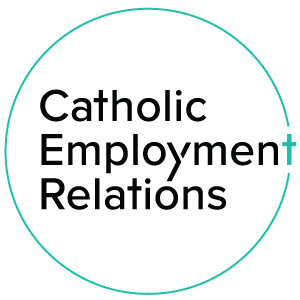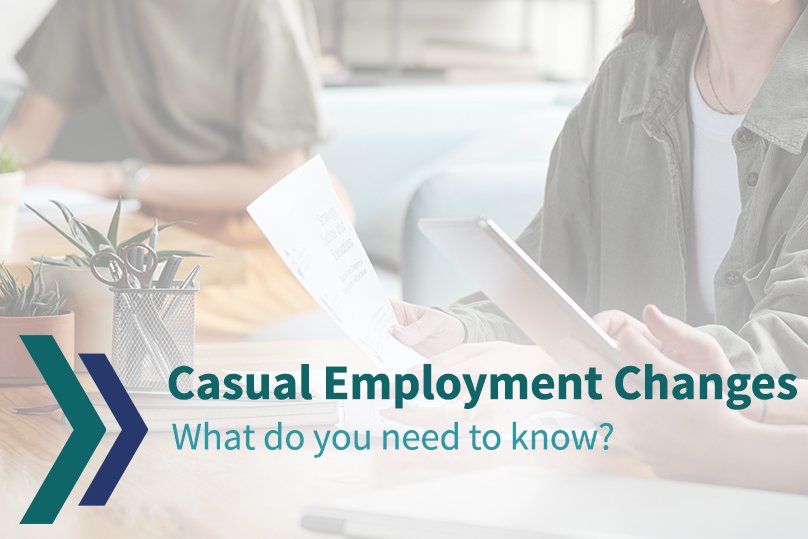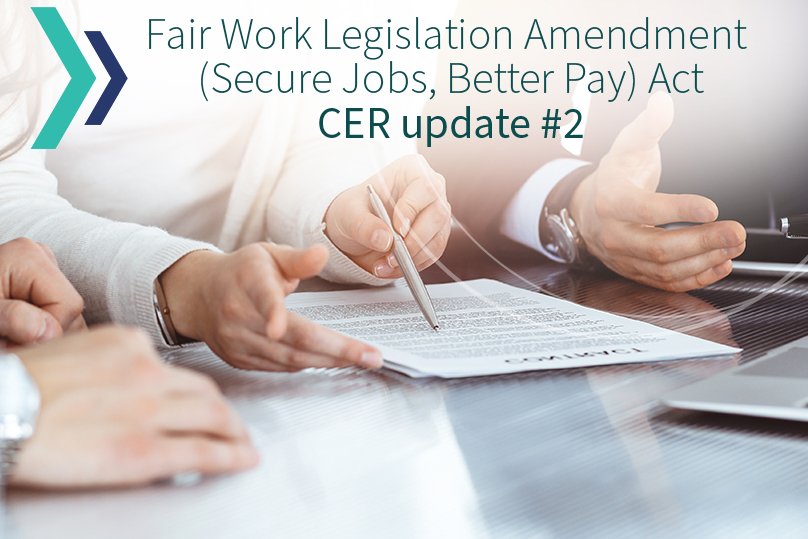Understanding family and domestic violence leave

Sadly, many people across Australia and the world, suffer domestic and family violence. Evidence suggests that the impact of the COVID-19 pandemic may have exacerbated this issue, with higher rates of domestic violence being reported. The Australian Bureau of Statistics, for example, reports that family and domestic violence related sexual assault increased 13% from 2019[1].
This is a very real problem and one that could very easily affect an employee in your organisation. As an employer it is important to be aware of how to support your employees should they need it, including understanding what entitlements the employee has access to.
What is family and domestic violence leave?
In 2018, an amendment to the Fair Work Act 2009 (Cth) inserted an entitlement to five days unpaid family and domestic violence in a 12-month period in the National Employment Standards (NES). The Fair Work Commission also varied 123 modern awards to reflect this entitlement.
This entitlement of five days unpaid leave is available to all employees, including casual and part time employees.
Some enterprise agreements may provide similar or additional entitlements. Employers may also provide additional entitlements to their employees, either under contract of employment or through workplace policies.
What evidence can I ask for before granting this type of leave?
When an employee requests for this type of leave, the employer is entitled to request evidence supporting the leave.
Evidence can include:
a) police documents
b) court documents
c) statutory declaration
d) any other evidence that would satisfy a reasonable person
Further updates since 2018
The Fair Work Commission is currently conducting a review of the entitlement in modern awards.
In April 2021, the Australian Council of Trade Unions (ACTU) wrote to the Fair Work Commission requesting they commence a review on an urgent basis. The ACTU noted that ‘the increased incidence of family and domestic violence during COVID-19 has clearly demonstrated that this remains a pressing problem confronting employees and employers and the wider community.’
Details of the Fair Work Commission’s review, including the ACTU’s letter, are available on the Fair Work Commission’s website: https://www.fwc.gov.au/hearings-decisions/major-cases/family-and-domestic-violence-leave-review-2021
Given the review, there may be further changes to modern awards regarding this entitlement. CER will provide updates as they become available.
How else can you help your employees?
Foster an environment where employees feel safe to request this type of leave.
If your organisation offers an EAP service, ensure your employees are aware of how to access this service.
Demonstrate that your organisation does not tolerate bullying, or violence.
Ensure your policies are up to date to reflect a zero tolerance for bullying and violence.
You can find a comprehensive list of support lines here Help lines – White Ribbon Australia.
If you need help interpreting your awards or understanding your employee’s entitlements, please get in touch with our employment relations specialists today. We can also help you review your policies to ensure they are up to date and working well for your organisation.
[1] https://www.abs.gov.au/media-centre/media-releases/family-and-domestic-violence-sexual-assault-13































